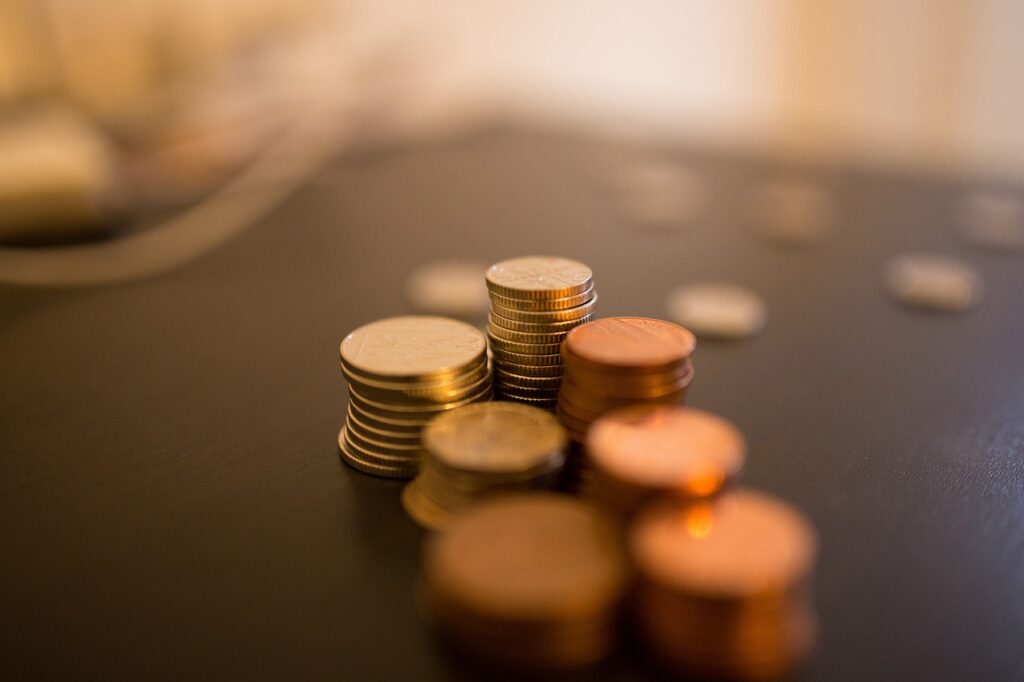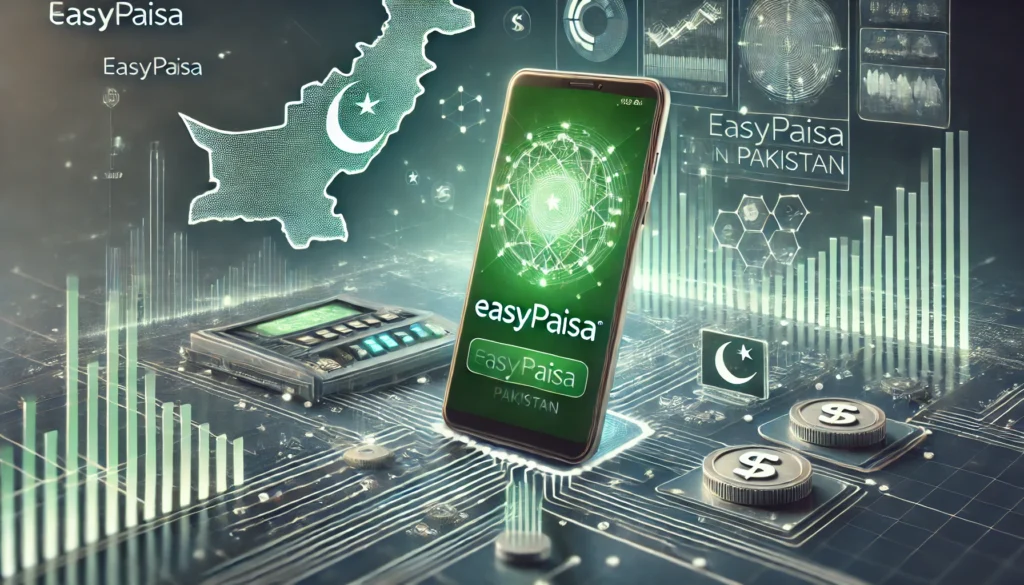According to the famous Pakistani information website Brecorder, Pakistan’s Federal Secretary Shoaib Ahmed Siddiqui said that Pakistan will develop the world’s advanced digital payment gateway technology. In order to encourage practitioners, the IT industry will be exempted from taxes and fees before 2025.
Pakistan is still a cash society, with less than one bank card per capita (China has 6.01 cards). Similar to the payment development in many third world countries (such as India and Indonesia), Pakistan is skipping the card payment stage and directly shifting from a cash society to a cashless payment society represented by digital payment. The government’s favorable policies will undoubtedly accelerate this process. In China, the cashless society is mainly achieved through e-wallets WeChat Pay and Alipay. What is the development of e-wallets in Pakistan?
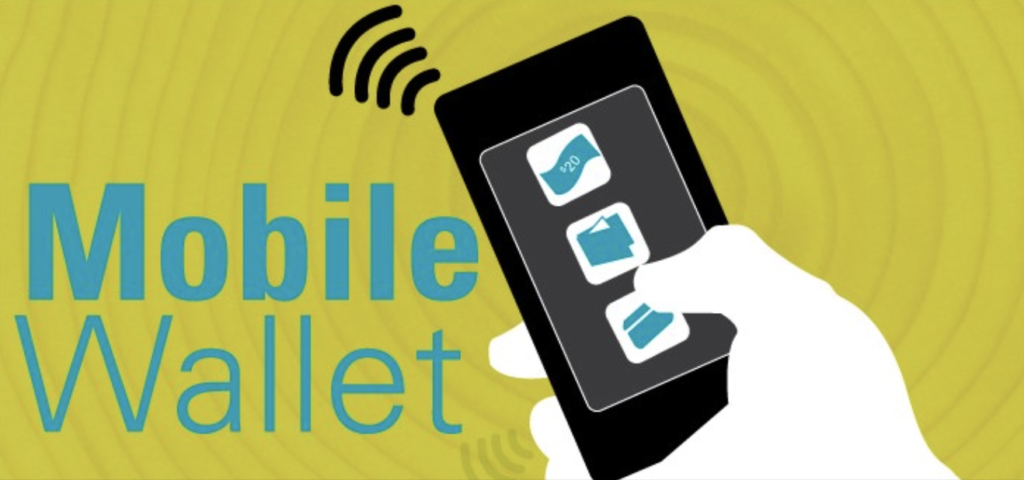
Currently, there are more than 46 million e-wallet payment users in Pakistan, accounting for 21% of the total population. The main e-wallets are Easypaisa and JazzCash, which together account for 87% of the market share. There are also some e-wallets with smaller market shares: SimSim, Keenu, UPaisa, GoLootLo, etc.
Easypaisa is the largest e-wallet in Pakistan. It is a digital payment method launched by Telenor, a telecom operator in Pakistan. It received investment from Ant Financial in 2018 and has a great technical advantage over other local wallets. Users can transfer and receive money safely and quickly through mobile applications, recharge mobile phones, purchase data traffic, shop online or pay utility bills, etc. Easypaisa’s main recharge method is cash. It has more than 70,000 offline recharge and withdrawal outlets in Pakistan, which to a certain extent solves the problems of daily transfers, payments, and bill payments for people without cards.
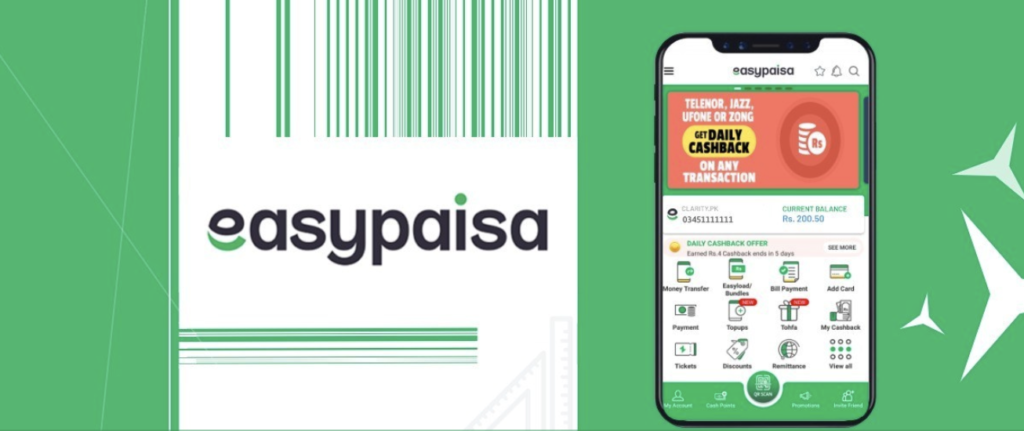
JazzCash is a branchless banking system launched by Pakistani telecom operator Jazz in 2012. It was initially called MobiCash and is the second largest e-wallet in Pakistan. JazzCash works similarly to a bank account with a mobile phone number and can be operated on a variety of mobile phones, not necessarily smartphones, and is popular among many feature phone users. Jazz Cash
has seen a significant increase in the number of users in recent years. Unlike EasyPaisa, its
main users are on feature phones. If Chinese companies are highly dependent on smartphones when going overseas, they need to consider the population covered by different wallets when accessing them.
SimSim is launched by Pakistan Finja, and users can use the electronic wallet to conduct various transactions such as bill payments, cash transfers, online retail, offline retail, donations, social cash transfers, interbank transfers and savings.
Keenu is an e-wallet launched by Pakistan’s Keenu company. The wallet functions include retail/online purchases, bill payments, mobile recharges, transfer payments, and rewards are returned for each transaction.
UPaisa is an e-wallet launched by Pakistani telecom operator Ufone in 2013. It is only available to Ufone users and can be used for bill payments, mobile phone recharges, cash transfers, donations, etc.
Launched by the State Bank of Pakistan, GoLootLo is a debit card-based payment system that allows wallet users to enjoy offers and discounts in multiple cities and merchants across Pakistan.
The future of e-wallets
Rapid development and huge potential
With the popularity of smartphones and the impact of the Covid-19 epidemic, digital payments have begun to grow rapidly in recent years. According to data research website (research and dmarkets), Pakistan’s mobile payment industry is expected to grow at a compound annual growth rate of 20.7% and reach US$53.9176 billion by 2025.
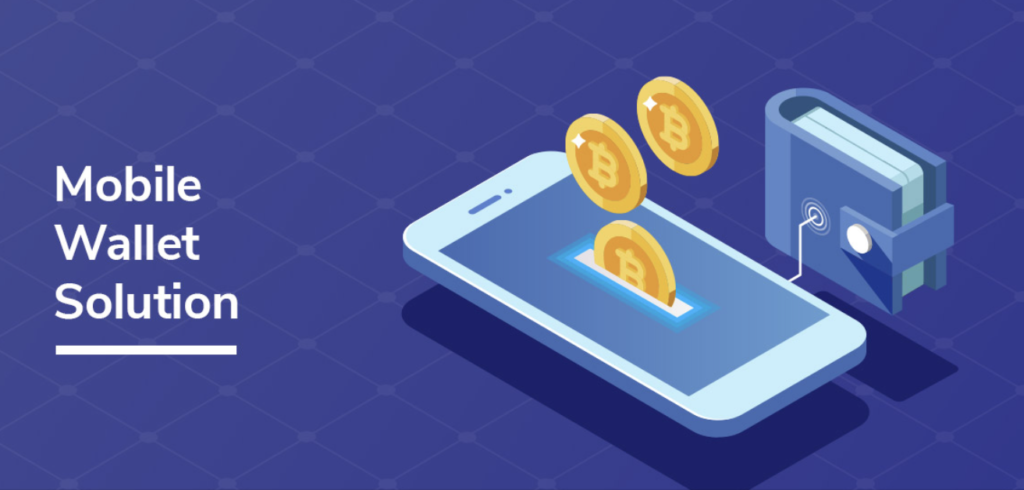
Policy support and healthy and standardized development of the industry
The government not only strongly supports electronic payments in terms of policies, but also plays an indispensable role in regulating the country’s payment system for the healthy development of the industry. It constantly strives to promote digital payments to replace cash. Under the global trend, it plays a key role in operation, monitoring, supervision and determining future directions. Electronic payment methods are considered to be one of the safest, fastest and most reliable payment methods in Pakistan in the future.

